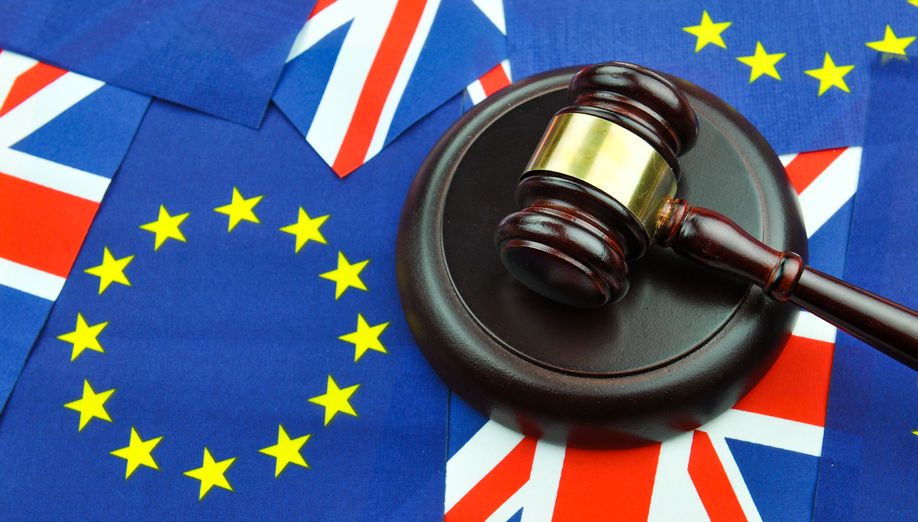
Senior barristers have called on the government to tackle the 'trickiest' issues first in Brexit negotiations, such as what will happen to agriculture once the UK leaves the EU.
Brexit negotiators began formal talks with their EU counterparts this week.
Senior barristers have published a series of reports titled The Brexit Papers, amid warnings that navigating Government ‘red-lines’ will not be plain sailing.
Announcing the publication of The Brexit Papers: Third Edition, Chair of the Bar Council Brexit Working Group, Hugh Mercer QC said: “If we want a good trading relationship with Europe post-Brexit, the UK Government, businesses and citizens will need a way to resolve disputes with their opposite numbers in Europe.
“But there are some big question marks over how the Government will stick to its commitment to pull away from the jurisdiction of the European Court of Justice without jeopardising deals that could benefit the economy.”
'No-deal scenario'
Mr Mercer said there needs to be a way for treaties and trade agreements on areas like agriculture and fisheries to be adjudicated.
He continued: “If UK and EU citizens are to have enforceable rights in each other’s legal jurisdictions, we have to agree on what legal mechanisms to use.
“Because ‘nothing is agreed until everything is agreed’, no Brexit deal is possible without settling how such disputes will be resolved. This will be a tricky area for negotiation and one the Government should prioritise.
“We cannot afford to leave this part of the negotiations until the last minute. The risks of ending up in a no-deal scenario are too great.”
The Brexit Papers outline a number of solutions that borrow from existing UK legal principles and recognise the Government’s objective of taking back control of the UK's own laws.
Mr Mercer said: “One option is to allow UK judges to have due regard to CJEU rulings and to have an obligation to interpret rulings consistently to ensure a level playing field.”
A total of nine new papers are published as part of The Brexit Papers setting out the key legal challenges the Government will face on a range of policy issues including acquired rights, WTO, agriculture, fisheries, product standards, public procurement, environment, dispute resolution, and the CJEU.
Replacement for CAP
Speaking on the Brexit Paper on agriculture, Hugh Mercer said whatever form Brexit takes, the UK will leave the Common Agricultural Policy.
“The CAP gives UK producers low tariff access to EU markets so the pressure is on to find a replacement deal or farmers may face tariffs of around 40-50% for their produce under existing WTO rules, rising to 80% for high value products such as Hilton beef.
“Any trade deal with the EU will probably mean continuing the current agreement on origin marks. That is good news for pork pie makers in Melton Mowbray, but means there is little chance of UK consumers getting their hands on British Roquefort.”
The Brexit Papers also warn of a potential clash between central government and the devolved regions over who will have overall policy control.
Hugh Mercer said: “The devolved regions may well be in control of their own agriculture policy when we leave the EU, but if regional subsidies diverge from each other there would be considerable distortion in competition that could frustrate international trade deals.”
